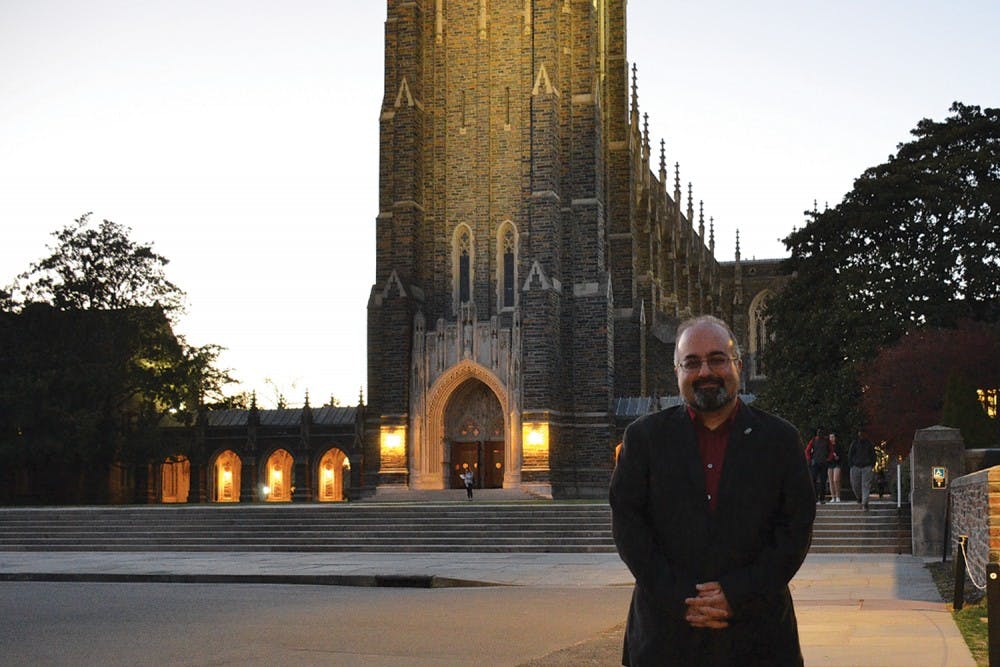In the 2015-16 school year, at least 11 faculty members left UNC and five offers from Duke University were made to faculty, Executive Vice Provost Ron Strauss said.
Jeremy Petranka, a professor of economics at Duke and a former professor at UNC, said he left for Duke because the offer Duke made him was too good to pass up.
“There was no part of me that was looking to leave UNC,” he said. “I had taught a class at Duke before and the school decided they wanted me to come over. They were able to put together a package that there was no reasonable way I could turn it down.”
Petranka said private universities have an easier time pulling people over than public universities, especially as public budgets become tighter.
While he didn’t want to leave UNC, Petranka said the transition to Duke is easier than some due to the close proximity.
Omid Safi, who is now director of the Islamic Studies Center at Duke, left UNC in 2014.
Safi said his departure was partially politically motivated.
“We started to see a very chilling impact on the ability of professors and intellectuals and universities to do the kinds of things we ask our students to do all the time, which is to connect the dots and to scrutinize injustice, not at an individual level, but at a systematic and institutional level,” Safi said.



